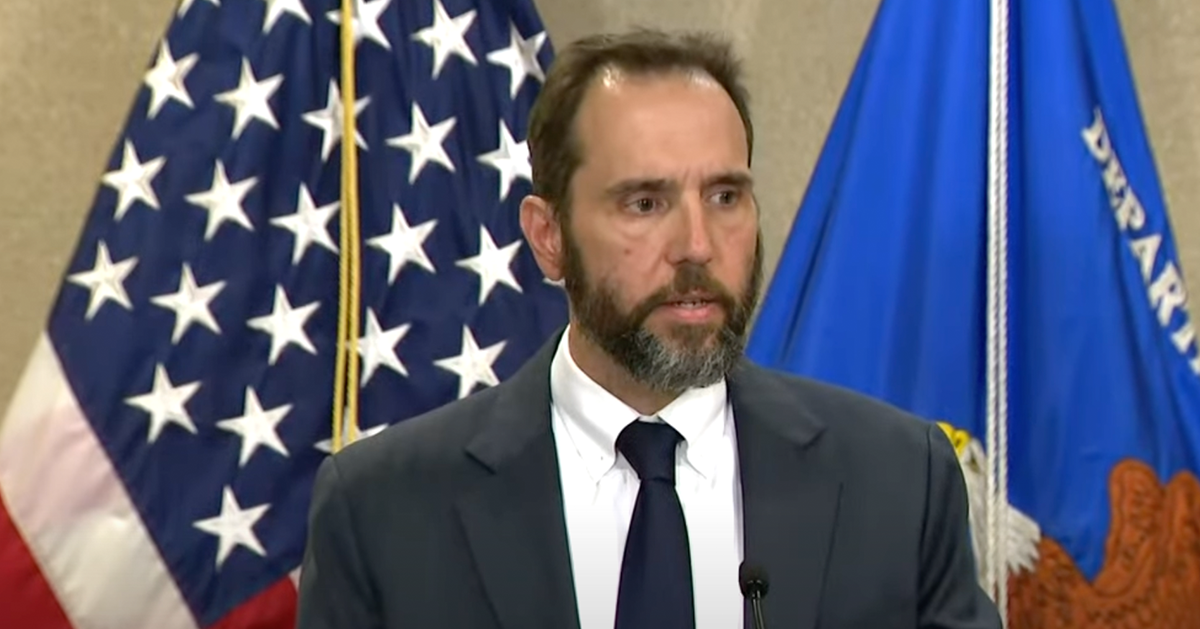Edward Snowden Urges Biden To Veto FISA Renewal After Senate Approval
Senate Passes Critical Surveillance Legislation
The U.S. Senate recently approved reauthorizing Section 702 of the Foreign Intelligence Surveillance Act (FISA), sending the legislation to President Joe Biden for his signature. This move has sparked an emotional plea from whistleblower Edward Snowden, who has called on President Biden to veto the renewal.
The reauthorization, heavily criticized by Snowden for allowing warrantless surveillance of Americans, is now awaiting presidential approval, as Fox News reports.
Controversial Surveillance Tool Gets Bipartisan Support and Criticism
Despite controversy, the provision received bipartisan support, illustrating the ongoing debate between security needs and privacy preservation. Section 702 briefly lapsed at midnight on Friday before Senate approval revived it.
Attorney General Merrick Garland emphasized the timely renewal, describing Section 702 as "indispensable" for combating threats against the United States, from terrorism to cyber threats.
Garland stated, "Section 702 is indispensable to the Justice Department's work to protect the American people from terrorist, nation-state, cyber, and other threats," highlighting the commitment to upholding American rights in a complex global threat environment.
Proposed Amendments Fail to Pass
Edward Snowden's Stark Criticism and Call for Veto
Edward Snowden notably criticized the renewal, accusing both congressional houses of endorsing unconstitutional measures. "The House has voted to approve unconstitutional, warrantless searches of Americans' communications. Now the Senate has too—late on Friday after the media had gone home," Snowden remarked.
He expressed skepticism regarding President Biden's potential intervention, saying, "Only the President can stop it from becoming law, and he won't—because he's the one that asked for it."
Snowden's comments underline the tension between governmental surveillance operations and individual privacy rights.
The situation places President Biden in a critical position. He must decide whether to heed Snowden's call for a veto or to approve the bill, aligning with his administration's security strategies.





